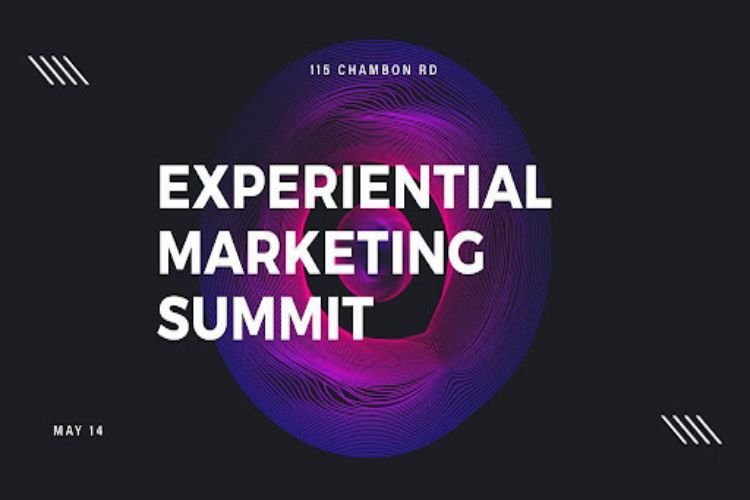Experimental marketing is a marketing strategy used to test out new products, services, and strategies in order to optimize the return on investment and gauge customer interest. This approach involves testing various marketing tactics on a small group of potential customers before rolling them out to the larger market. The goal is to identify which combination of messages, images, channels, and other elements will yield the highest response rate from consumers.
 Experimental marketing allows businesses to quickly evaluate the effectiveness of each approach without investing in costly advertising campaigns. This marketing technique has become increasingly popular in recent years, as it allows companies to try out new strategies and quickly measure their success or failure. However, there are potential drawbacks associated with experimental marketing, such as cost and risk management issues. When developing an experiential marketing campaign, it is essential to define the goals and objectives of the campaign, develop an experience that resonates with the target audience, and select the right venue for the event. Examples of successful experiential marketing agency Melbourne campaigns include those that create a memorable experience for customers, such as interactive events and product launches that involve direct customer engagement.
Experimental marketing allows businesses to quickly evaluate the effectiveness of each approach without investing in costly advertising campaigns. This marketing technique has become increasingly popular in recent years, as it allows companies to try out new strategies and quickly measure their success or failure. However, there are potential drawbacks associated with experimental marketing, such as cost and risk management issues. When developing an experiential marketing campaign, it is essential to define the goals and objectives of the campaign, develop an experience that resonates with the target audience, and select the right venue for the event. Examples of successful experiential marketing agency Melbourne campaigns include those that create a memorable experience for customers, such as interactive events and product launches that involve direct customer engagement.
Amplify Your Message: Once the experience is developed, it’s important to amplify the message and create buzz around the event. Utilize social media, email marketing, and other channels to spread the word and get people excited about attending. Consider partnering with influencers or other brands to further expand your reach.
 Measure Success: Finally, it’s important to measure the success of your experiential marketing campaign. Determine what metrics you will use to measure success, such as attendance numbers, social media engagement, or sales figures. Use this data to inform future campaigns and continue to refine your approach.
Measure Success: Finally, it’s important to measure the success of your experiential marketing campaign. Determine what metrics you will use to measure success, such as attendance numbers, social media engagement, or sales figures. Use this data to inform future campaigns and continue to refine your approach.
Overall, developing an experiential marketing campaign requires careful planning, attention to detail, and a willingness to take risks. By following these steps and utilizing the advantages of experimental marketing, businesses can create powerful and effective campaigns that leave a lasting impression on their customers.
Measure Your Results: Once the campaign is over, it’s important to measure your results to see if you achieved your goals and objectives. Collecting data and feedback from attendees can provide valuable insights into the success of the campaign, as well as areas for improvement for future events.
Examples of Successful Experiential Marketing Campaigns:
- Nike – “Run Your City” Campaign: Nike launched an experiential marketing campaign that aimed to encourage runners to explore and connect with their city. They created a series of events in major cities around the world that included guided runs, pop-up shops, and unique experiences that showcased the local culture. The campaign successfully engaged runners and strengthened Nike’s brand as a leader in the running industry.
- Airbnb – “Night At” Campaign: Airbnb created a series of experiential marketing events that allowed customers to spend a night at unique locations around the world, such as a floating house on the Thames River in London or a treehouse in the Redwoods of California. The campaign was a huge success and generated a significant amount of social media buzz, as well as increased bookings on the platform.
- Coca-Cola – “Happiness Machine” Campaign: Coca-Cola created an experiential marketing campaign that aimed to spread happiness and positivity. They installed vending machines in various locations that dispensed free Coke and other surprises, such as flowers and pizza. The campaign was a huge success and generated millions of views on social media, as well as increased brand loyalty and positive sentiment toward Coca-Cola.
Conclusion
Experiential marketing is a powerful tool for businesses to connect with their customers on a deeper level and create memorable experiences that leave a lasting impression. By following the steps outlined above and learning from successful campaigns, businesses can develop effective experiential marketing strategies that drive engagement, increase brand awareness, and ultimately boost sales.




